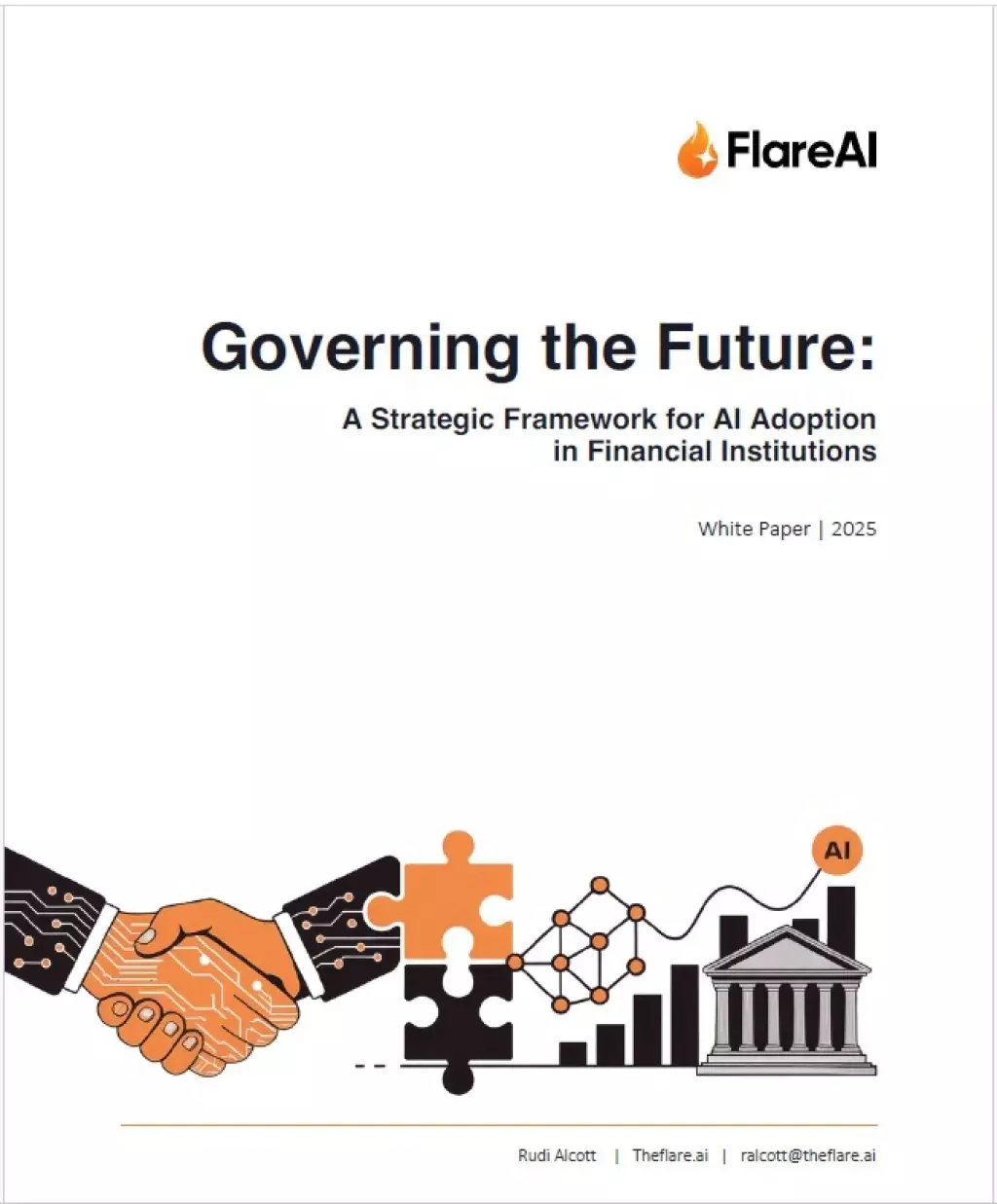BNY and Carnegie Mellon University Launch AI Research Collaboration
BNY and Carnegie Mellon University have announced a significant collaboration to advance research and development in artificial intelligence (AI). Announced in a press release, the five-year, $10 million agreement aims to support world-class AI research, focusing on developing technologies and frameworks for robust governance, trust, and accountability in AI applications, particularly those used in financial services.
The initiative, known as the BNY AI Lab, will bring together students, faculty, and staff from Carnegie Mellon University with experts from BNY. The lab will focus on both theoretical and applied AI, leveraging Carnegie Mellon's top-ranked programs in computer science, AI, and business. Additionally, BNY will support cross-disciplinary courses and talent recruitment across all CMU schools and colleges.
A dedicated space for the collaboration will be established on CMU's Pittsburgh campus during the 2025–26 academic year. This space will facilitate joint research, education projects, and talent recruitment, providing opportunities for BNY employees to work directly with CMU students and faculty. The partnership aims to strengthen Pittsburgh's position as a global hub for AI advancement and support CMU's efforts to train the next generation of AI and data leaders.
We hope you enjoyed this article.
Consider subscribing to one of our newsletters like Enterprise AI Brief or Daily AI Brief.
Also, consider following us on social media:
More from: Enterprise
Subscribe to Enterprise AI Brief
Weekly report on AI business applications, enterprise software releases, automation tools, and industry implementations.
Whitepaper
Governing the Future: A Strategic Framework for AI Adoption in Financial Institutions
This whitepaper explores the transformative impact of artificial intelligence on the financial industry, focusing on the governance challenges and regulatory demands faced by banks. It provides a strategic framework for AI adoption, emphasizing the importance of a unified AI approach to streamline compliance and reduce operational costs. The document offers actionable insights and expert recommendations for banks with fewer than 2,000 employees to become leaders in compliant, customer-centric AI.
Read more
